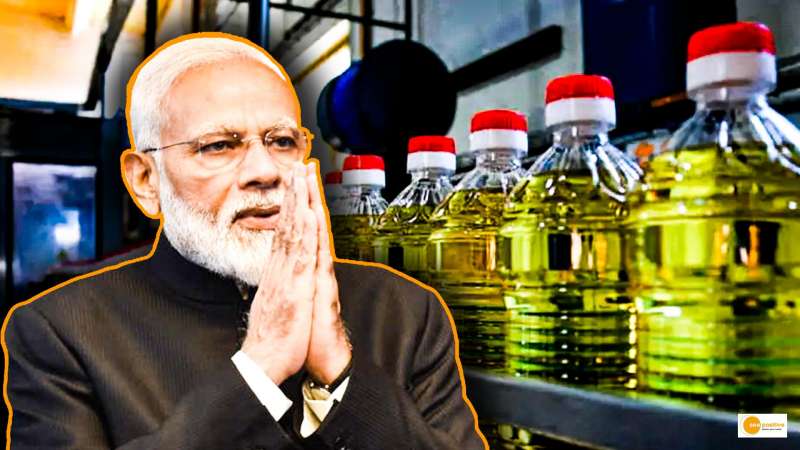

Highlights
• The government may reduce the agri-infrastructure tax on crude palm oil imports.
• 60 percent of the country’s vegetable oil comes from imports.
According to people familiar with the situation, India plans to decrease taxes on various edible oils to chill the home market after the crisis in Ukraine and Indonesia’s restriction on palm oil exports sent prices rising.
Overview
According to the people, India, the world’s biggest importer of vegetable oils, is trying to reduce the agriculture infrastructure and development cess on crude palm oil imports from 5% to 2%. According to the folks, the new tax amount is still being debated.
The cess is imposed on certain items in addition to basic tax rates and is used to fund agriculture infrastructure initiatives.
The crude palm oil import duty has already been eliminated. A spokeswoman for the finance ministry did not immediately return calls or a text message requesting comment. The agricultural and food ministries did not respond to requests for comment.
India is particularly vulnerable to rising vegetable oil prices because it imports 60% of its needs
Prices rose further after Russia’s invasion of Ukraine halted sunflower oil exports and Indonesia, the world’s largest shipper of edible oils, slapped a restriction on palm oil exports to safeguard its domestic market.
In the past, India has attempted to cut prices by lowering import levies on palm, soybean, and sunflower oils, as well as limiting stockpiles to discourage hoarding. Because the measures raised anticipation of more purchases, which boosted foreign prices even more, success has been tempered.
According to the people, the government is considering lowering import levies on crude canola oil, olive oil, rice bran oil, and palm kernel oil from 35 percent to 5% to help improve domestic supplies.


